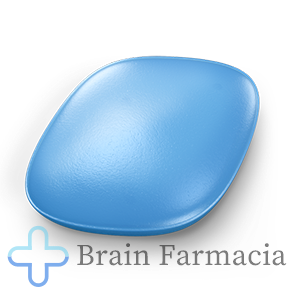What Is Hypertension?
Hypertension, commonly known as high blood pressure, is a chronic medical condition characterized by elevated blood pressure levels in the arteries. It occurs when the force exerted by blood against the artery walls is consistently too high. Hypertension is often referred to as the \"silent killer\" as it typically doesn't cause noticeable symptoms until it reaches a severe stage. It is a serious health condition that can increase the risk of heart disease, stroke, and other cardiovascular complications.
Causes of Hypertension
Several factors contribute to the development of hypertension. These include:
1. Lifestyle Factors: Unhealthy lifestyle choices such as a sedentary lifestyle, poor diet, excessive alcohol consumption, and tobacco use can increase the risk of developing hypertension.
2. Genetics: Family history plays a role in hypertension. If your parents or close relatives have high blood pressure, you may be at a higher risk.
3. Age: The risk of developing hypertension increases with age. As we get older, our blood vessels become less flexible, making it harder for blood to flow through them.
4. Medical Conditions: Certain medical conditions like diabetes, kidney disease, and hormonal disorders can contribute to hypertension.
Symptoms and Diagnosis
Hypertension is often considered a \"silent\" condition because it rarely causes noticeable symptoms. However, some people may experience:
1. Headaches
2. Dizziness
3. Shortness of breath
4. Chest pain
It is crucial to get regular blood pressure screenings to detect hypertension. A healthcare professional will measure your blood pressure using a sphygmomanometer, which provides two numbers - systolic pressure and diastolic pressure. A reading of 120/80 mmHg or lower is considered normal. Higher readings indicate hypertension.
Managing Hypertension
Management of hypertension aims to control blood pressure levels and reduce the risk of complications. It may involve:
1. Lifestyle Modifications: Adopting a healthy lifestyle is crucial. This includes regular exercise, a balanced diet rich in fruits, vegetables, and whole grains, avoiding excessive salt intake, maintaining a healthy weight, limiting alcohol consumption, and quitting smoking.
2. Medications: In some cases, medication may be prescribed to help lower blood pressure. The choice of medication depends on various factors, including the severity of hypertension, the presence of other medical conditions, and individual characteristics.
3. Regular Monitoring: Blood pressure should be monitored regularly to evaluate the effectiveness of lifestyle changes and medication. Regular check-ups with a healthcare professional are essential to track blood pressure levels and make adjustments if necessary.






